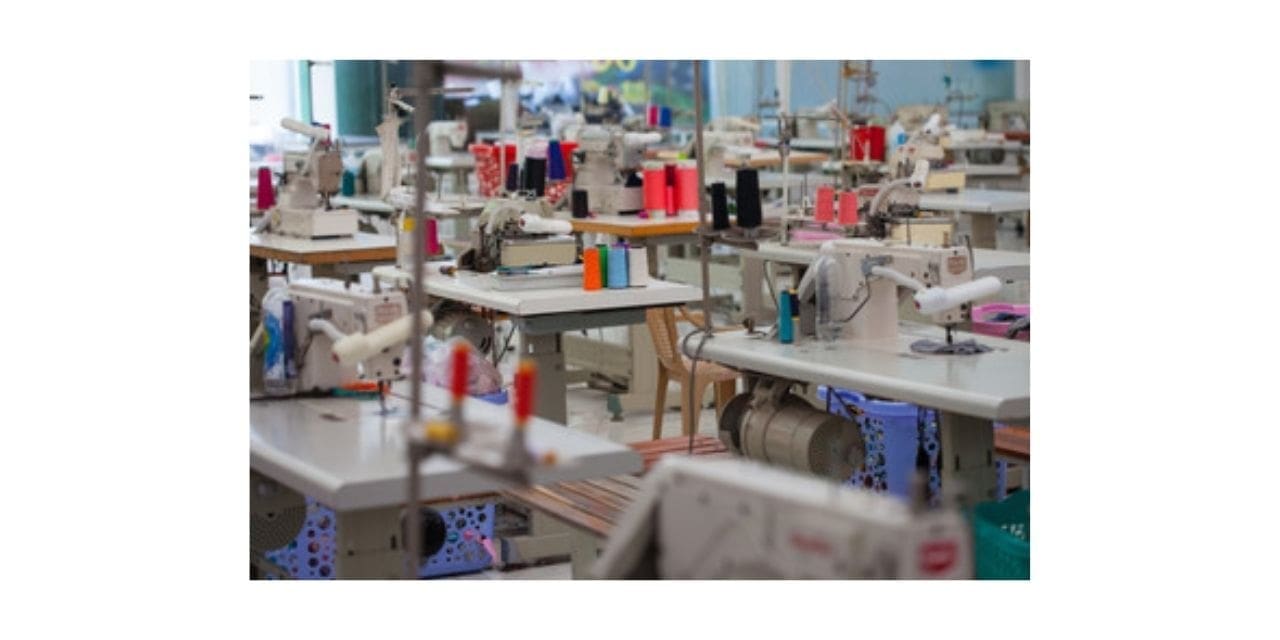In the 1980s and early 1990s, the Rift Valley cities of Eldoret and Nakuru had a thriving textile industry that employed thousands of people. The government, on the other hand, is eager to revitalise the textile industry and turn them into important textile hubs in Kenya and East Africa.
The Sh5 billion modernization of the state-owned textile industry has increased manufacturing capacity to more nearly 30,000 metres of cloth per day, up from 5,000m around four years ago.
Prof Thomas Kipkurgat, the firm’s CEO, claims that the enterprise has the potential to produce over 3,000 direct jobs.
“The revival of Rivatex has not only created job prospects, but it has also contributed to boost the number of cotton producers to over 4,000. Because the market is ready, we encourage local farmers to grow cotton on a large scale “According to Prof. Kipkurgat.
Cotton deal
Rivatex has obtained cotton planting contracts with over ten counties in the Rift Valley and Eastern regions. The goal is to reduce costs by minimising reliance on imported raw materials. The government has budgeted Sh500 million for the fiscal year 2021/2022 to grow and modernise its activities.
Kenya’s autonomous unit is in talks with a number of investors interested in establishing more textile and apparel facilities in the region. The agency is also counting on the projected Naivasha Special Economic Zone to provide additional job opportunities. According to Raymond Komen, Nakuru County Trade and Tourism executive, a large number of people have expressed interest in establishing a base at the much-anticipated Naivashas Special Economic zone.
Special zone
Kenya Electricity Generating Company (KenGen) is looking for partners to put up export-only textile and apparel facilities on a 309-acre industrial zone in order to diversify its revenue streams. In the fiscal year 2021/2022, the state-owned electrical firm has set out Sh350 million for development. The Olkaria property of KenGen is divided into four plots: Site A, Site B, Site C, and 57 acres set aside for investors.
Nakuru already has three textile factories: Bedi Investments Limited, Trendy Links Limited, Spin-Knit Limited, and Nakuru Industries Limited, all of which are headquartered in the Bahati sub-county.
Esther Kimani is the owner and manager of Trendy Links Limited.
Bedi Investments Limited is one of the textile firms that has been contracted to develop and supply the new police uniforms in 2019.
Garment manufacturing
Kenya’s Interior Cabinet Secretary, Fred Matiang’i, paid a visit to a garment factory in Nakuru Town West to inspect the state of the industry. Bedi Investments Limited, run by the Jas Bedi family, employs at least 1,000 young people in its Nakuru factory alone.
Spin-Knit Limited is one of the leading manufacturers of 100 per cent acrylic hand-knitting yarn. The company has expanded its business and opened branches in Nairobi and other parts of the country. In the past one year, a number of big firms, including paint manufacturer Crown Paints Kenya, Toyota Tsusho East Africa Limited and Simba Cement have pitched tent in Nakuru.

